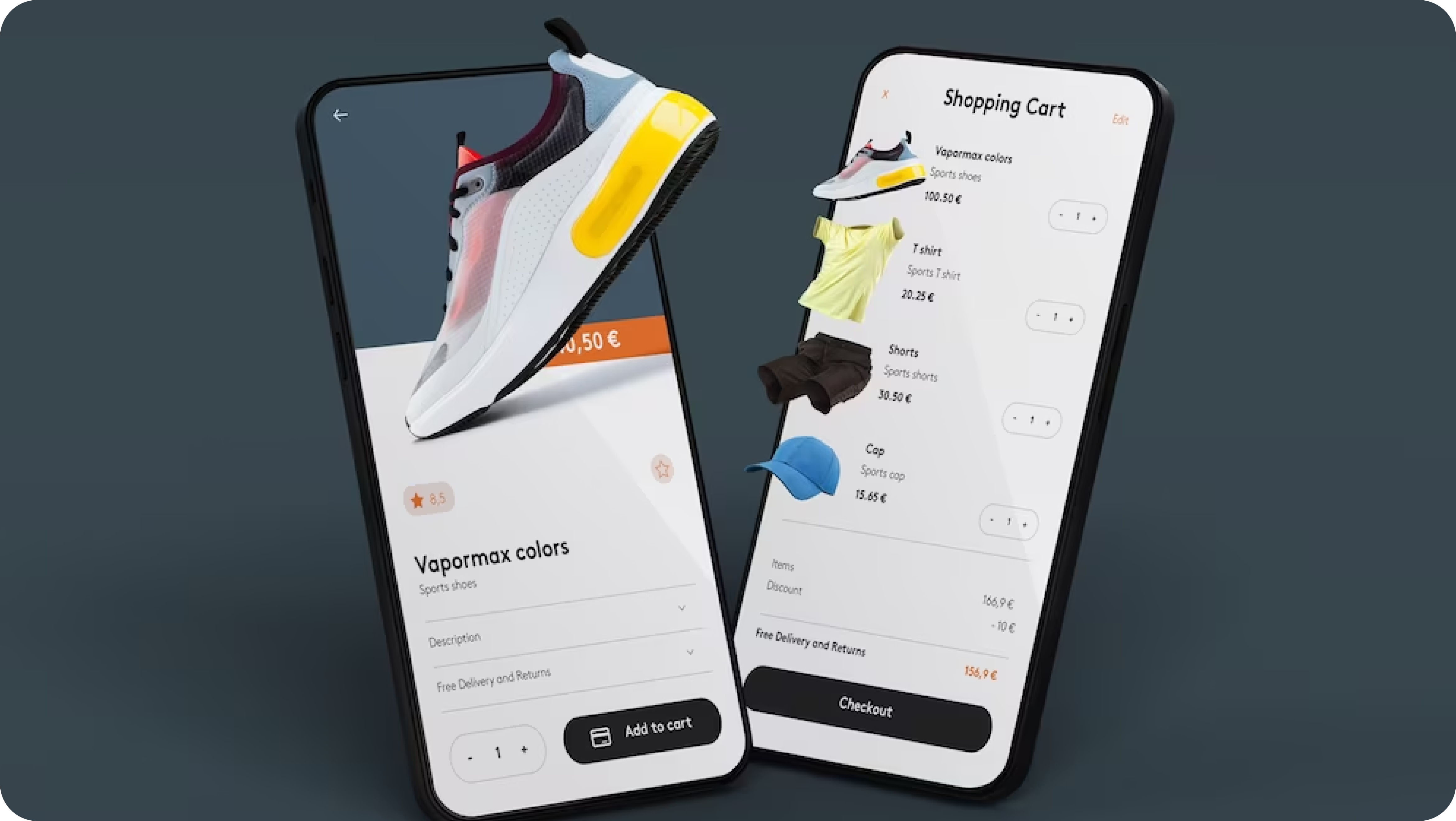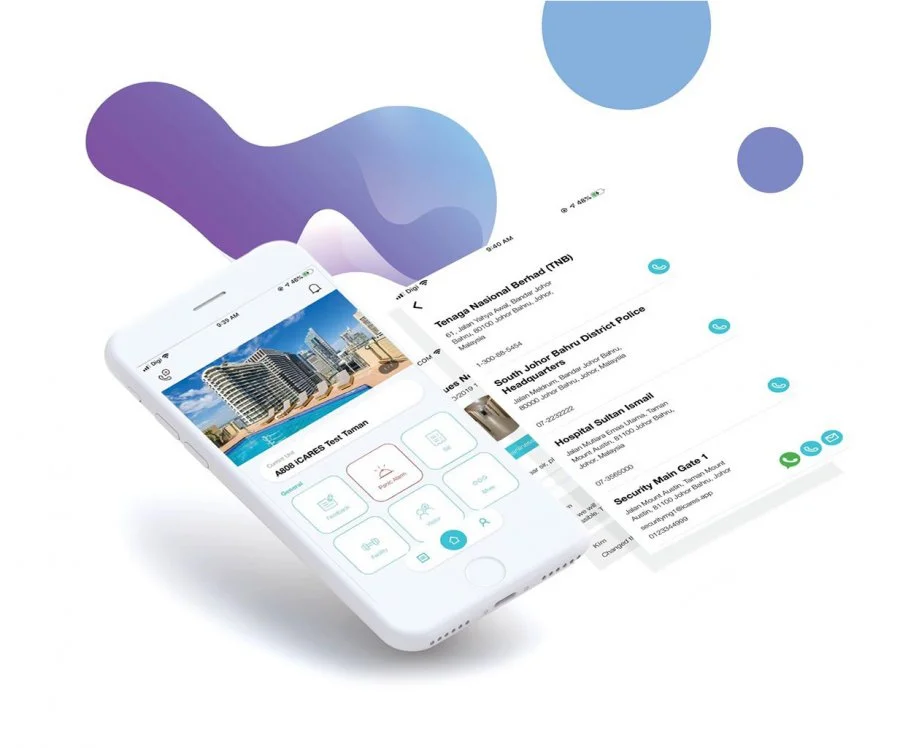Business owners often encounter a dilemma when it comes to choosing the type of mobile app to develop for their business. Not all types of apps provide equal benefits, and developing multiple apps can be costly and unnecessary.
To cater to specific business needs, it is advisable to choose the most suitable type of mobile app.
Here are four types of mobile apps and their benefits:
01 Native Mobile Apps
These apps are designed for a single operating system, such as Android or iOS. Developing separate native apps for different OSs allows businesses to target specific user bases effectively.
Pros: Provide the best performance and user experience on their respective platforms. Access to native device features and capabilities. Enhanced security and integration with the operating system.
Cons: Require separate development for different platforms, resulting in higher development costs. Maintenance and updates need to be managed separately for each platform. Limited reach as they cater to a specific operating system.
Ideal for businesses that prioritize delivering the best user experience and performance on a specific platform. For example, a gaming company developing a mobile game exclusively for iOS to leverage the platform's gaming capabilities.
02 Hybrid Mobile Apps
Built with technologies like HTML and CSS, hybrid apps can function across multiple operating systems. Developing a single hybrid app saves costs and ensures compatibility across different platforms.
Pros: Cost-effective development since a single codebase can be used across multiple platforms. Faster development time as compared to native apps. Easier maintenance and updates as changes can be applied universally.
Cons: Slightly lower performance compared to native apps. Limited access to device-specific features and functionalities. Dependent on the performance and compatibility of underlying web technologies.
Ideal for businesses with limited resources and a need for cross-platform compatibility. For instance, a small e-commerce business that wants to reach both Android and iOS users without investing in separate app development.
03 Web Mobile Apps
Unlike installed apps, web apps reside on servers and can be accessed without installation. They provide a seamless mobile shopping experience without the need for users to install the app on their devices.
Pros: Platform-independent and accessible through web browsers. No installation required, enabling easy access for users. Easier and centralized maintenance and updates.
Cons: Limited access to device features and hardware capabilities. May not provide the same level of performance and responsiveness as native apps. Dependent on network connectivity for optimal functionality.
Ideal for businesses that aim to provide a seamless mobile browsing experience and cater to users across different devices and platforms. For instance, a content-based website or a news portal that wants to offer mobile accessibility without requiring users to install an app.
04 Progressive Web Apps (PWAs)
PWAs are an extension of a website that users can add to their home screens. They occupy minimal storage space and offer instant access without requiring prior installation.
Pros: Can be installed on the user's home screen like a native app. Offline functionality and responsiveness similar to native apps. Lower development and maintenance costs compared to native apps.
Cons: Limited access to advanced device features compared to native apps. Not all devices and operating systems fully support PWAs. Some limitations on background tasks and push notifications.
Ideal for businesses that want to provide a native-like experience, offline functionality, and quick access for users without the need for installation. For example, a travel agency offering a PWA that allows users to access travel information, book tickets, and receive notifications, even in areas with limited network connectivity.
Consider these app types and their advantages to determine the most suitable option for your business.
Conclusion
A mobile app offers numerous benefits to industries, enhancing customer experiences and streamlining internal operations. It enables businesses to innovate and stay ahead in the competitive market. Therefore, getting a mobile app for your business is a sensible choice.









